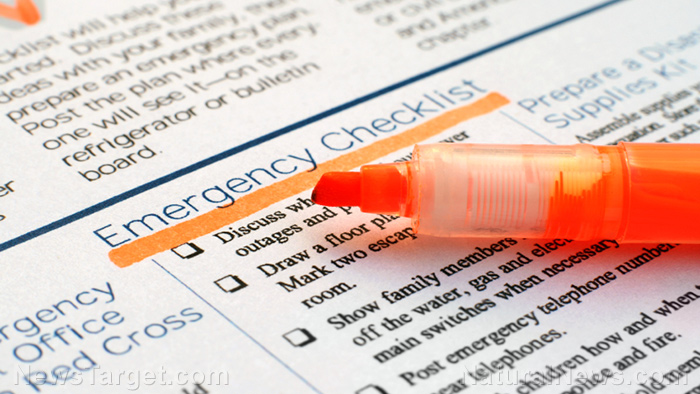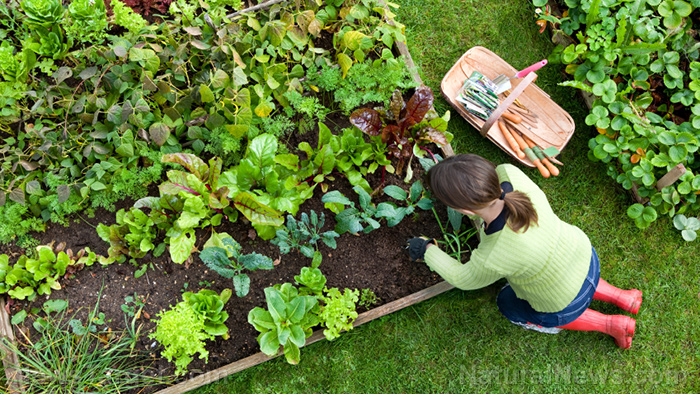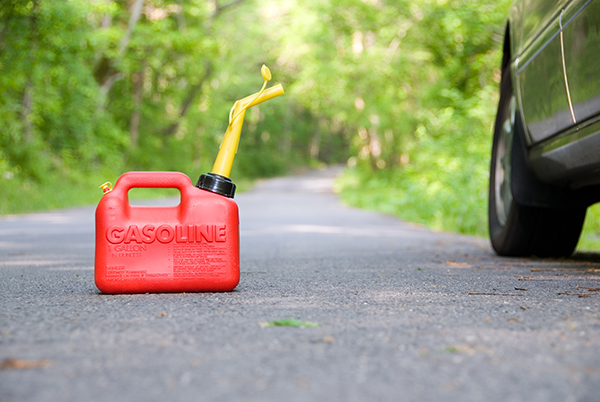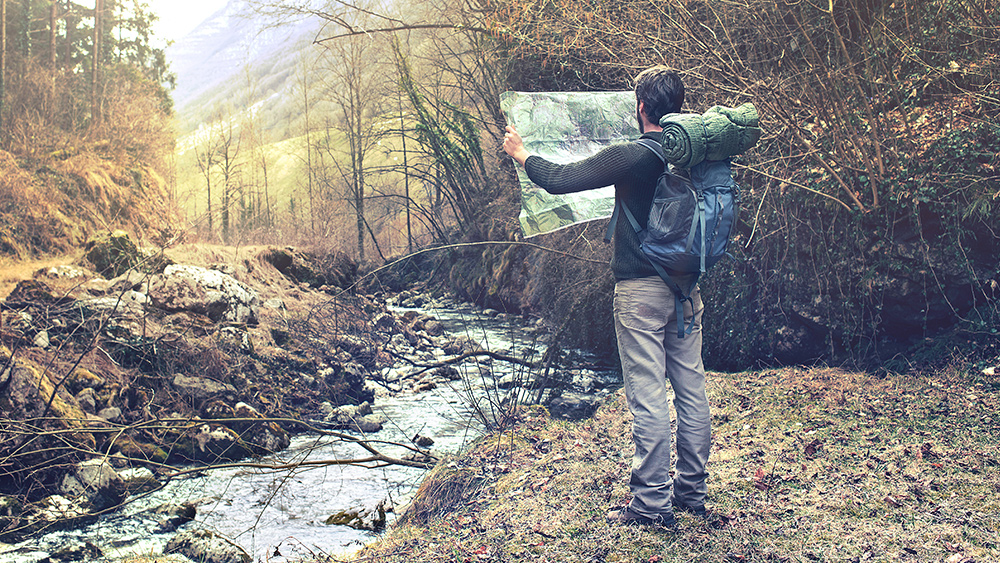
Prepping is a rewarding lifestyle, but even experienced preppers can't deny that it's one that requires a lot of planning and hard work.
If you're overwhelmed at the thought of all the skills, you need to learn and projects you have to start, below are 10 common mistakes preppers make and how to avoid them. (h/t to SkilledSurvival.com)
Giving up when you feel overwhelmed
To become a prepper, you must prioritize your tasks and know how to manage your time properly.
If you're disorganized, you'll be overwhelmed, and you might feel like giving up before you make any progress. It's natural to feel like you have no idea what you're doing, but as a prepper, you need to learn from trial and error.
You might experience information overload by reading up on the basics like stockpiling supplies and essential survival skills you need to learn, but you should always start with one or two tasks that seem manageable to you.
As you gain experience, gradually move on to more complicated tasks. (Related: A crash course in prepping: 10 Beginner tips for preppers.)
If you still feel overwhelmed, ask experienced preppers for advice. You can consult your neighbors, or if you don't know preppers in the area, ask others online.
Worrying and trying to predict the future
No one can predict the future, not even preppers. As a prepper, your job is to anticipate potential disaster scenarios that you might encounter and prepare before SHTF.
Once you've set up your preps, you shouldn't waste your time and energy trying to figure out what will happen.
Instead of worrying about things you can't control, learn useful skills like:
- Animal, insect and plant identification
- Canning and preserving
- Firecraft
- First aid
- Fishing, hunting and tracking
- Foraging
- Gardening
- Locating, collecting and purifying water
- Navigation
- Raising livestock
- Signaling for help
You should also make sure that your family is updated on your emergency preparedness plans. Teach them that these skills and preps will benefit everyone when SHTF.
Being jealous of the progress of other preppers
Don't waste time feeling jealous about the progress of other preppers. Even experienced preppers started by making mistakes, but the important thing is to learn from them.
Instead of envying other preppers, look to them for inspiration. You can also ask them for advice and if you show them you're eager to learn, they might be more than willing to help.
Telling everyone about your preps
You can take pride in your prepping skills without bragging about them to everyone in the neighborhood. Keep your preps a secret to avoid unwanted trouble when SHTF.
Only discuss your preps and plans for a disaster scenario with people you trust, like your immediate family and very close friends.
If you have young children in the family, tell them not to brag about your preps.

Not planning your food and water requirements
Don't just stock up on food and water without figuring out how much you need when SHTF.
Start by deciding your target amount of calories and water. Note that the right amount of replacement calories per day depends on your age and your activity level.
Once you have the number of replacement calories per day per person, compute how much you'd need for everyone in the family. Next, multiply that number by how many days you want your stockpile to last.
After you figure out that number, you know exactly how much food you need to buy.
With water, you'll need at least a gallon per person, per day. Then multiply it by how many days you plan to stock up on. You'll need water for drinking, cleaning and cooking, along with other tasks like gardening.
Don't forget to stock up on supplies for family pets too.
Focusing too much on one aspect of preparedness
Don't spend all your time and resources on one aspect of preparedness. You don't need to learn all the skills or start many projects at once, but you need to choose a couple that you will benefit from the most.
If you plan on starting a homestead, learn how to start a survival garden and try edible landscaping. If you live in an apartment, focus on container gardening and how to hide preps when you have limited space for your stockpile.
Being too scared to make mistakes
Preppers aren't afraid to make mistakes, but this doesn't mean you can be reckless.
Don't get stuck in the planning phase and avoid making any mistakes. If you do make mistakes, don't get too hung up on them.
Calculate the risks, and stay within budget, so you don't waste your time and effort on a project that you won't benefit from. If you make mistakes, learn from them and adjust.
Not looking into intimidating gear or supplies
Once you get over the information overload phase of a newbie prepper, start looking into advanced gear, like a gas mask.
When SHTF, gas masks might just save your life during a chemical attack or a nuclear attack. Don't wait until it's too late and buy a gas mask before disaster strikes. Do some research and buy a good gas mask.
If your budget is tight, you'll need at least one gas mask per family. If you have some more resources, purchase one for each family member with extra filters.
You should also consider other kinds of prepping gear like hand tools for your workshed or equipment for your home garden.
Thinking you won't ever need to bug out
As a prepper, you need to know when to bug in (stay at home) and when to bug out (evacuate) when SHTF.
If you're having a long-term power outage, you can bug in safely with your preps and stockpile. Before SHTF, prep a food and water stockpile for your family so you have what you need if you have to bug in.
But if you're facing a natural disaster like flooding or a wildfire, it's better to bug out. Don't forget to prepare a bug-out bag (BOB) for the whole family.
When it's time to evacuate, grab your BOBs and head to your bug-out location. A basic bug-out bag has tools and supplies that will help you survive for 72-hours on your way to a safe location:
- Basic water filtration
- A reusable water bottle
- Shelf-stable snacks
- A basic first aid kit
- A survival knife or multitool
- A hand-crank radio
- A flashlight and extra batteries
Trying to do everything by yourself
Some preppers choose to live out in the woods and that's fine, but even preppers need help from others sometimes.
Start by including your family members in your preps. Teach them skills that might seem interesting to them, like foraging or home gardening.
Answer their questions and share your knowledge to help them understand that your prepping skills are also useful in your daily lives.
If you're new to prepping, stay organized and learn one skill or start one project at a time, so you don't feel overwhelmed.
Visit Preparedness.news for more helpful tips about this rewarding and self-sufficient lifestyle.
Sources include:
Please contact us for more information.






















